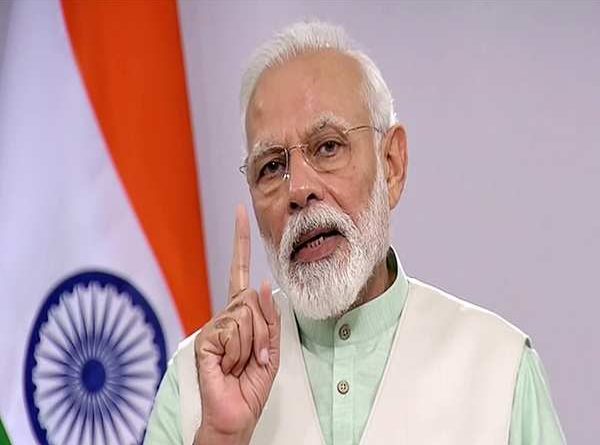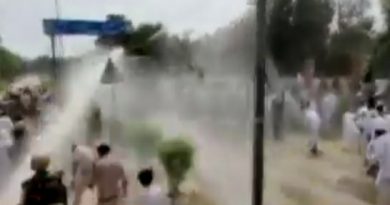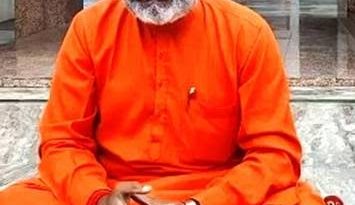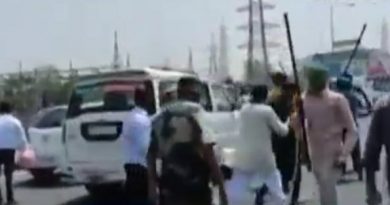| |
|---|
News Desk: Bangladesh has deployed border guards after deadly protests against a visit by Indian Prime Minister Narendra Modi rocked the country.
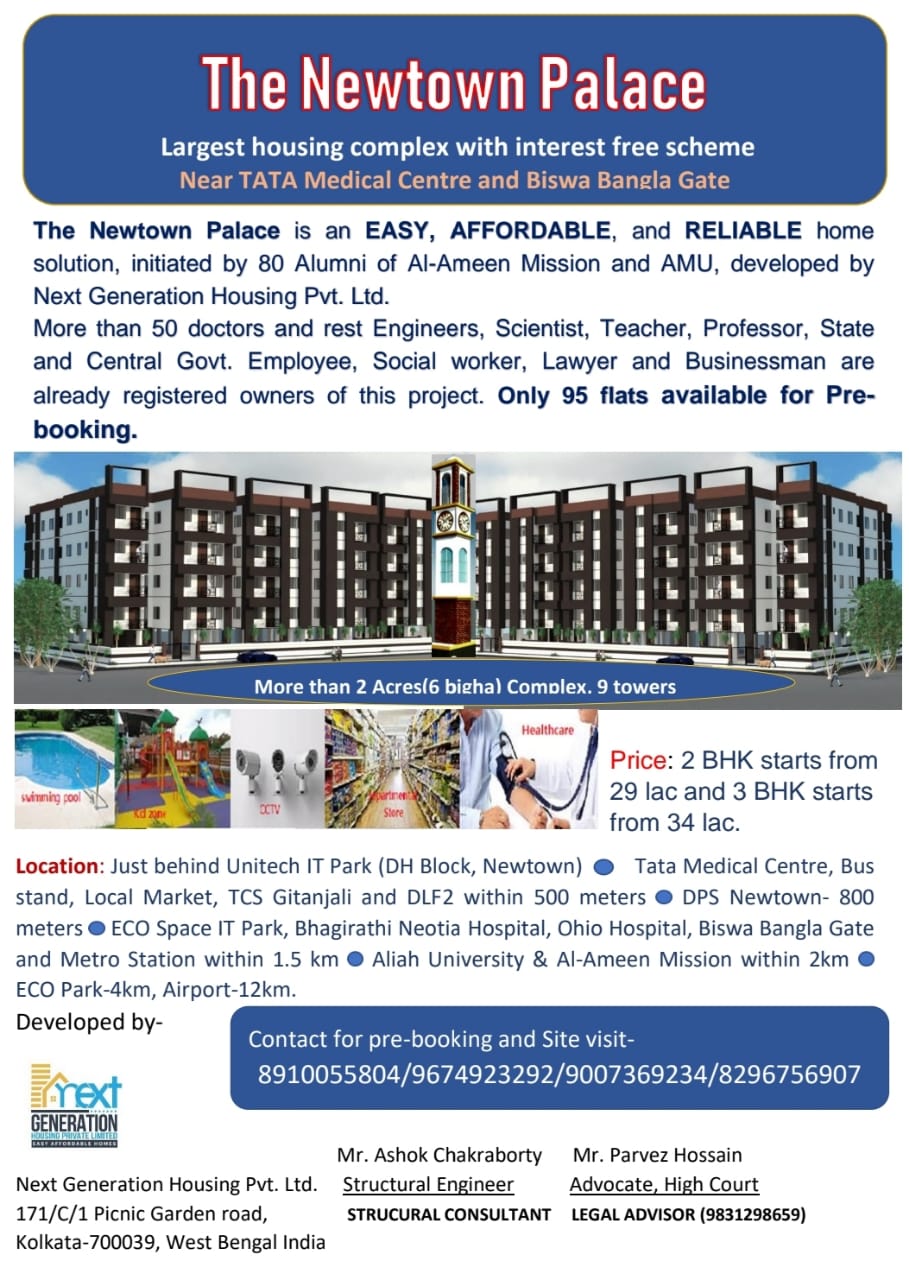
The violent protests, which began on Friday at the main mosque in the capital, Dhaka, spread to several key districts in the country, leaving five people dead and scores injured.
A spokesman for the Border Guard Bangladesh (BGB), which also acts as a reserve paramilitary force to maintain law and order, said it deployed troops from Friday night.
“With the instructions of the home ministry and in aid of the civil administration, required number of BGB has been deployed in different districts of the country,” Lieutenant Colonel Fayzur Rahman told on Saturday, without disclosing the numbers involved.
Rahman said there had been no reports of violence after their deployment.
Modi is in Bangladesh to attend its Golden Jubilee celebrations of independence and the birth centenary of Sheikh Mujibur Rahman, the country’s founder and father of current Prime Minister Sheikh Hasina.
Rights groups have also called for an end to growing authoritarianism, including forced disappearances and extrajudicial killings.
Police said four bodies of members of Hefazat-e-Islam, an Islamist group opposed to the visit of Modi, were brought to Chittagong Medical College Hospital after violence erupted at Hathazari, a rural town where the group’s main leaders are based.
A supporter of the group was also killed in clashes in the eastern border town of Brahmanbaria, another key bastion of Hefazat.
Strike call
A Hefazat spokesman said tens of thousands of supporters of the group demonstrated on Friday to protest against Modi’s two-day visit.
The group has also called for nationwide demonstrations on Saturday and a strike on Sunday to protest against the police’s actions and firing on “peaceful” protesters.
“Along with the Golden Jubilee, we are also celebrating the birth centenary of Sheikh Mujib who fought for a secular nation whereas Modi is inherently communal. He is criticised in his own country for his hardliner Hindu nationalist stance,” Imtiaz Ahmed, professor of international relations at Dhaka University, said.
“It is generally understood that India has enormous influence on the domestic politics of Bangladesh. BJP leaders’ derogatory statements about Bangladeshis and discriminatory policies of the Modi government have also compounded the situation,” he said.
Modi is set to visit two key Hindu temples in rural districts of southern Bangladesh on Saturday.
Facebook has also been restricted in Bangladesh, a company spokesman said, after users complained they could not access the site since late Friday afternoon as images and reports of the violence were shared on social media.
Post and telecommunications minister Mustafa Jabbar said his ministry was not responsible for the stoppage.
“This is not our decision,” he told, adding it was up to the law enforcement agencies to say what actions they had taken.
“We’re aware that our services have been restricted in Bangladesh. We’re working to understand more and hope to have full access restored as soon as possible,” a Facebook spokesperson said.

